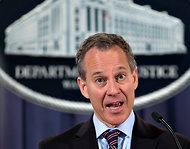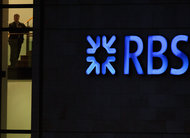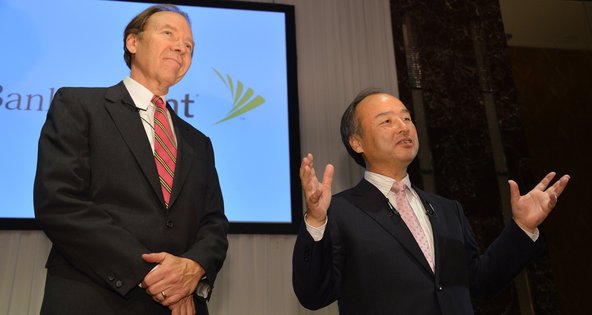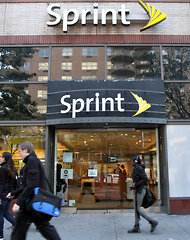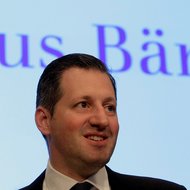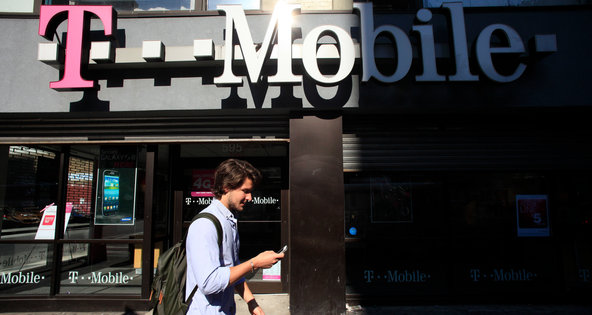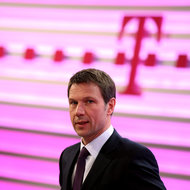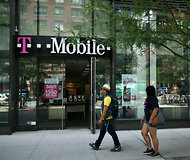It sounds like a Rolodex for the 1 percent: two million deal makers, power brokers and business executives — not only their names, but in many cases the names of their spouses and children and associates, their political donations, their charity work and more — all at a banker’s fingertips.
Such is the promise of a new company called Relationship Science.
Never heard of it? Until recently, neither had I. But a few months ago, whispers began that this young company was assembling a vast trove of information about big names in corporate America. What really piqued my interest was that bankrolling this start-up were some Wall Street heavyweights, including Henry R. Kravis, Ronald O. Perelman, Kenneth G. Langone, Joseph R. Perella, Stanley F. Druckenmiller and Andrew Tisch.
DealBook Column
View all posts
It turns out that over the last two years, with a staff of more than 800 people, mostly in India, Relationship Science has been quietly building what it hopes will be the ultimate business Who’s Who. If it succeeds, it could radically change the way Wall Street does business.
That’s a big if, of course. There are plenty of other databases out there. And there’s always Google. Normally I wouldn’t write about a technology company, but I kept hearing chatter about it from people on Wall Street.
Then I got a glimpse of this new system. Forget six degrees of Kevin Bacon. This is six degrees of Henry Kravis.
Here’s how it works: Let’s say a banker wants to get in touch with Mr. Kravis, the private equity deal maker, but doesn’t know him personally. The banker can type Mr. Kravis’s name into a Relationship Science search bar, and the system will scan personal contacts for people the banker knows who also know Mr. Kravis, or perhaps secondary or tertiary connections.
The system shows how the searcher is connected — perhaps a friend, or a friend of a friend, is on a charitable board — and also grades the quality of those connections by identifying them as “strong,” “average” or “weak.” You will be surprised at the many ways the database finds connections.
The major innovation is that, unlike Facebook or LinkedIn, it doesn’t matter if people have signed up for the service. Many business leaders aren’t on Facebook or LinkedIn, but Relationship Science doesn’t rely on user-generated content. It just scrapes the Web.
Relationship Science is the brainchild of Neal Goldman, a co-founder of CapitalIQ, a financial database service that is used by many Wall Street firms. Mr. Goldman sold CapitalIQ, which has 4,200 clients worldwide, to McGraw-Hill in 2004 for more than $200 million. That may explain why he was able to easily round up about $60 million in funds for Relationship Science from many boldface names in finance. He raised the first $6 million in three days.
“I knew there had to be a better way,” Mr. Goldman said about the way people search out others. Most people use Google to learn about people and ask friends and colleagues if they or someone they know can provide an introduction.
Relationship Science essentially does this automatically. It will even show you every connection you have to a specific company or organization.
“We live in a service economy,” Mr. Goldman said. “Building relationships is the most important part for selling and growing.”
Kenneth Langone, a financier and co-founder in Home Depot, said that when he saw a demonstration of the system he nearly fell off his chair. He used an unprintable four-letter word.
“My life is all about networking,” said Mr. Langone, who was so enthusiastic he became an investor and recently joined the board of Relationship Science. “How many times do I say, ‘How do I get to this guy?’ It is scary how much it helps.”
Mr. Goldman’s version of networking isn’t for everyone. His company charges $3,000 a year for a person to have access to the site. (That might sound expensive, but by Wall Street standards, it’s not.)
Price aside, the possibility that this system could lead to a deal or to a new wealth management client means it just might pay for itself.
“If you get one extra deal, the price is irrelevant,” Mr. Goldman said.
Apparently, his sales pitch is working. Already, some big financial firms have signed up for the service, which is still in a test phase. Investment bankers, wealth managers, private equity and venture capital investors have been trying to arrange meetings to see it, egged on, no doubt, by many of Mr. Goldman’s well-heeled investors. Even some development offices of charities have taken an interest.
The system I had a peek at was still a bit buggy. In some cases, it was missing information; in other cases the information was outdated. In still other instances, the program missed connections. For example, it didn’t seem to notice that Lloyd C. Blankfein, the chief executive of Goldman Sachs, should obviously know a certain senior partner at Goldman.
But the promise is there, if the initial kinks are worked out. I discovered I had paths I never knew existed to certain people or companies. (Mr. Goldman should market his product to reporters, too.)
One of the most vexing and perhaps unusual choices Mr. Goldman seems to have made with Relationship Science is to omit what would be truly valuable information: phone numbers and e-mail addresses.
Mr. Goldman explained the decision. “This isn’t about spamming people.” He said supplying phone numbers wouldn’t offer any value because people don’t like being cold-called, which he said was the antithesis of the purpose of his database.
Ultimately, he said, as valuable as the technology can be in discovering the path to a relationship, an artful introduction is what really counts.
“We bring the science,” he said. “You bring the art.”
A version of this article appeared in print on 02/12/2013, on page B1 of the NewYork edition with the headline: A Database Of Names, And How They Connect.
Article source: http://dealbook.nytimes.com/2013/02/11/a-database-of-names-and-how-they-connect/?partner=rss&emc=rss


